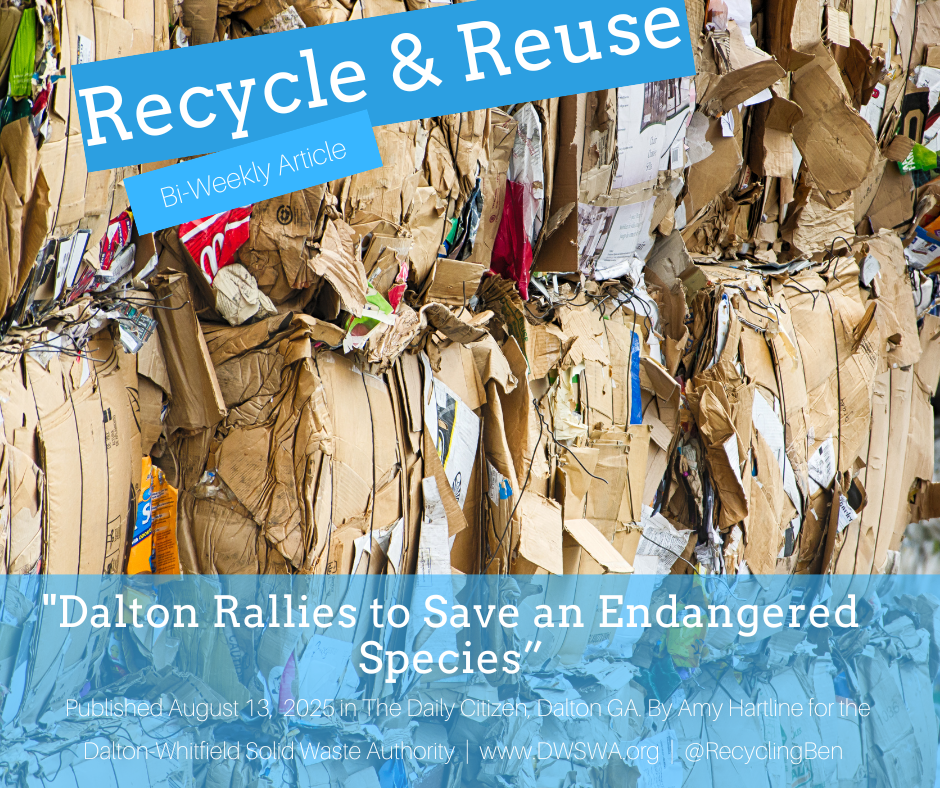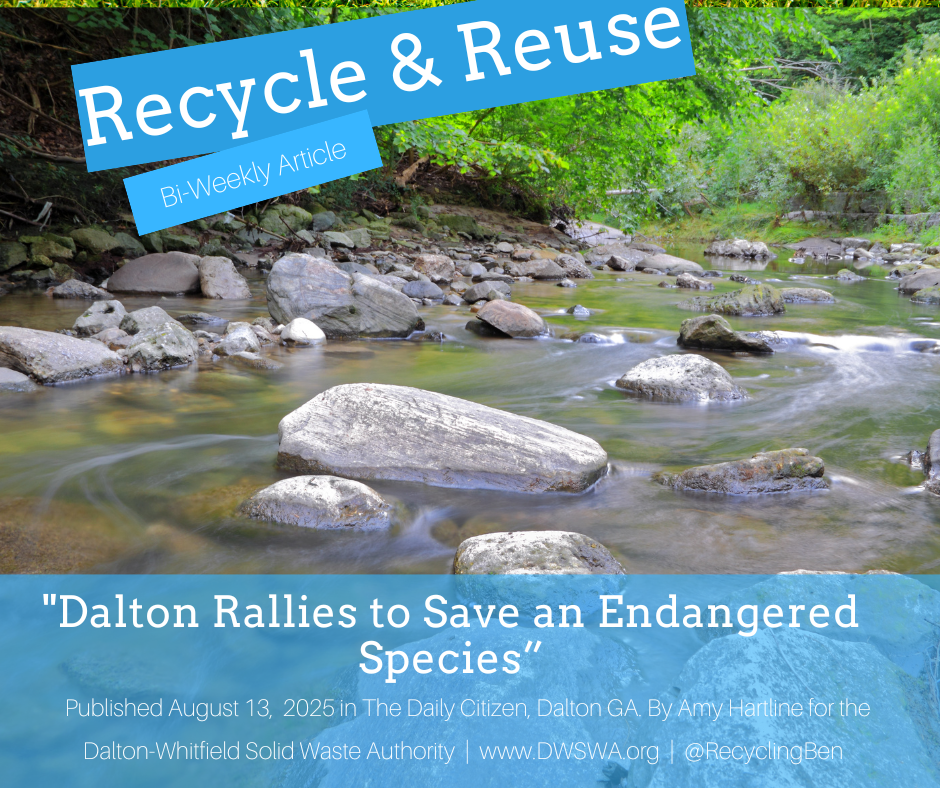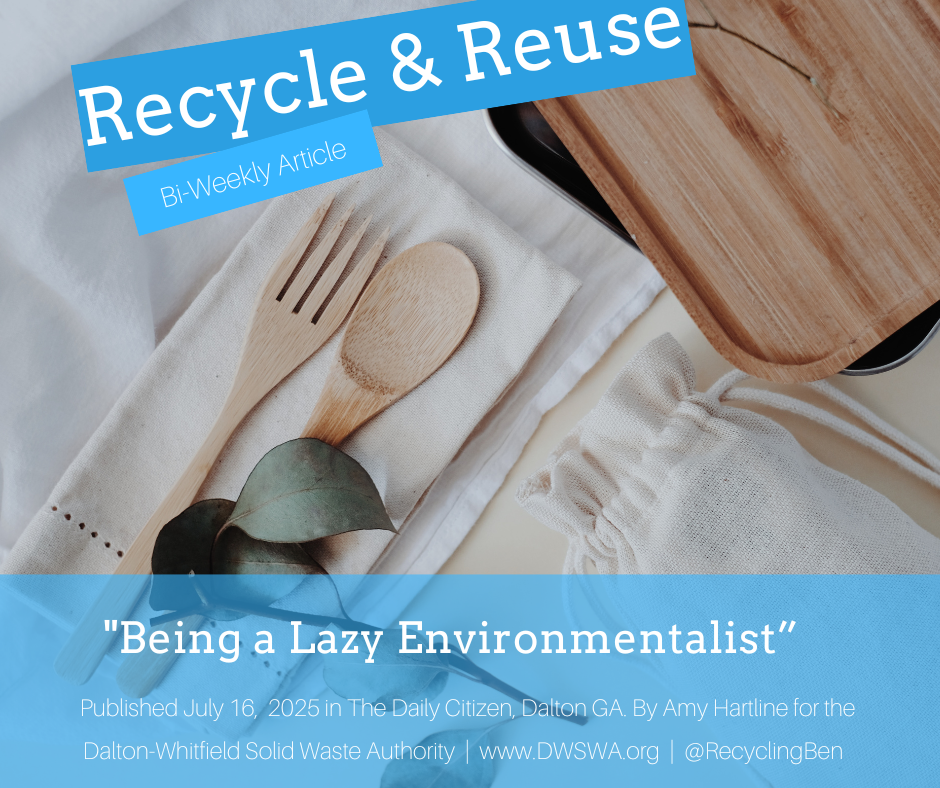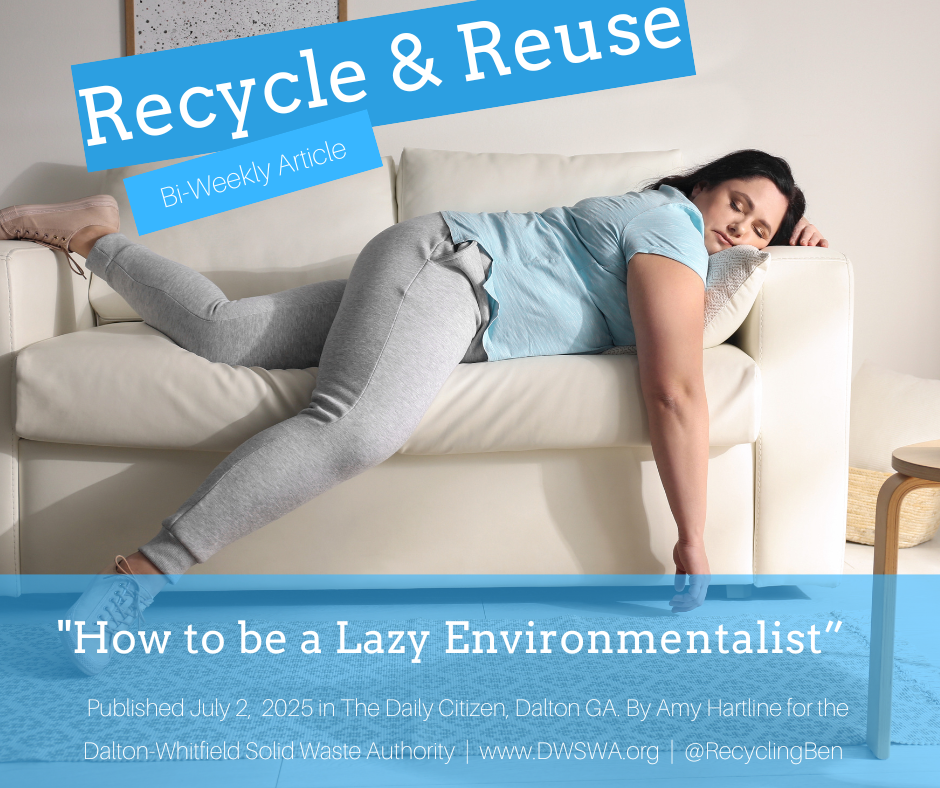Working Together for a Healthy Future
/Set up a waste collection area in your home to prevent pollution. Provide a recycling bin and a trash can so all materials can go to the right place.
During Pollution Prevention Week the Environmental Protection Agency encourages you to think of ways you and your family can prevent pollution. Pollution is the presence or introduction of a substance or thing that has harmful or poisonous effects to the environment. The good news is that pollution is preventable.
According to the EPA, “Pollution prevention is any practice that reduces, eliminates, or prevents pollution at its source.” At a small scale, this could be as easy as putting trash in a trash can and not on the ground to prevent litter. At an industrial scale, a factory may reduce the amount of water used in the manufacturing process to reduce the amount of wastewater generated.
Preventing pollution can have financial benefits in the reduction of waste management and cleanup costs. More efficient manufacturing to reduce waste can also strengthen economic growth. And last but not least, pollution prevention has environmental benefits since it helps conserve the health of the environment, and conserves natural resources. Here are several ways you can prevent pollution on a daily basis.
Properly dispose of used motor oil: If you change the oil in your vehicle be sure to collect the used motor oil in a container, such as a plastic jug, so you can transport it to a collection site. When changing your oil be careful to not spill any on the ground. Always keep clean-up materials like rags, sand, booms or clay kitty litter close by in case you have a spill.
In Whitfield County, there are four convenience centers where residents can drop off their household garbage and recyclables. Each of these sites also has a drop-off area for used motor oil. There is a limit of five gallons accepted per person per day. Please note that this service is for residents only, not commercial entities. To identify the one nearest you visit the Dalton-Whitfield Solid Waste Authority online at www.DWSWA.org or call 706-277-2545.
Have both recycling bins and trash cans: Litter, trash in the wrong place, can be prevented if you provide convenient receptacles inside your home. Place recycling bins next to trash cans to establish a collection station in your home. Clearly label the recycling bin so family members know what to put in the bin.
If you recycle with the City of Dalton, place light items like paper at the bottom of the recycling bin and heavier items like bimetal cans on top. Don’t forget to securely tie garbage bags so trash doesn’t fall out when being deposited in the garbage cart. Make sure the lid on your garbage cart is properly closed when you place it at the curb for collection.
Reduce air pollution walking: Prevent air pollution, save fuel, and get some exercise when you walk to your destination. Walking to school with your child is a fun activity that has multiple benefits. If you can’t give up driving, carpool whenever possible.
Choose reusable products: An easy was to prevent pollution is by using reusable products like reusable water bottles instead of disposable single-use plastic water bottles. Reusable shopping bags, lunch boxes, cutlery, cloth napkins, and refillable ink pens are examples of readily available products to invest in.
Save energy at home: Saving energy at home translates to less pollution too. Teach children energy saving habits like turning off the television when not in use, or turning the lights off when they leave the room. Washing clothes in cold water, insulating the roof, keeping curtains closed, and switching to energy-efficient light bulbs can all contribute to a more environmentally friendly home.
Use Less Toxic Cleaning Supplies: Make the switch to cleaners with fewer ingredients, those labeled as eco-friendly, or ones that you can make at home. To make cleaning supplies at home you’ll need some basics like baking soda, white vinegar, or borax. Get started with free green cleaning recipes at http://ow.ly/ge2CV which links to Women’s Voices for the Earth.
Choose products with less packaging: When all you need is the product wrapped inside, the excess packaging is a source of waste. While paper and cardboard are recyclable in our community, plastic film, plastic clamshells, foam, and twist ties are not. Before you buy consider what you will be doing with all the packaging and if there are better alternative products to try.
































